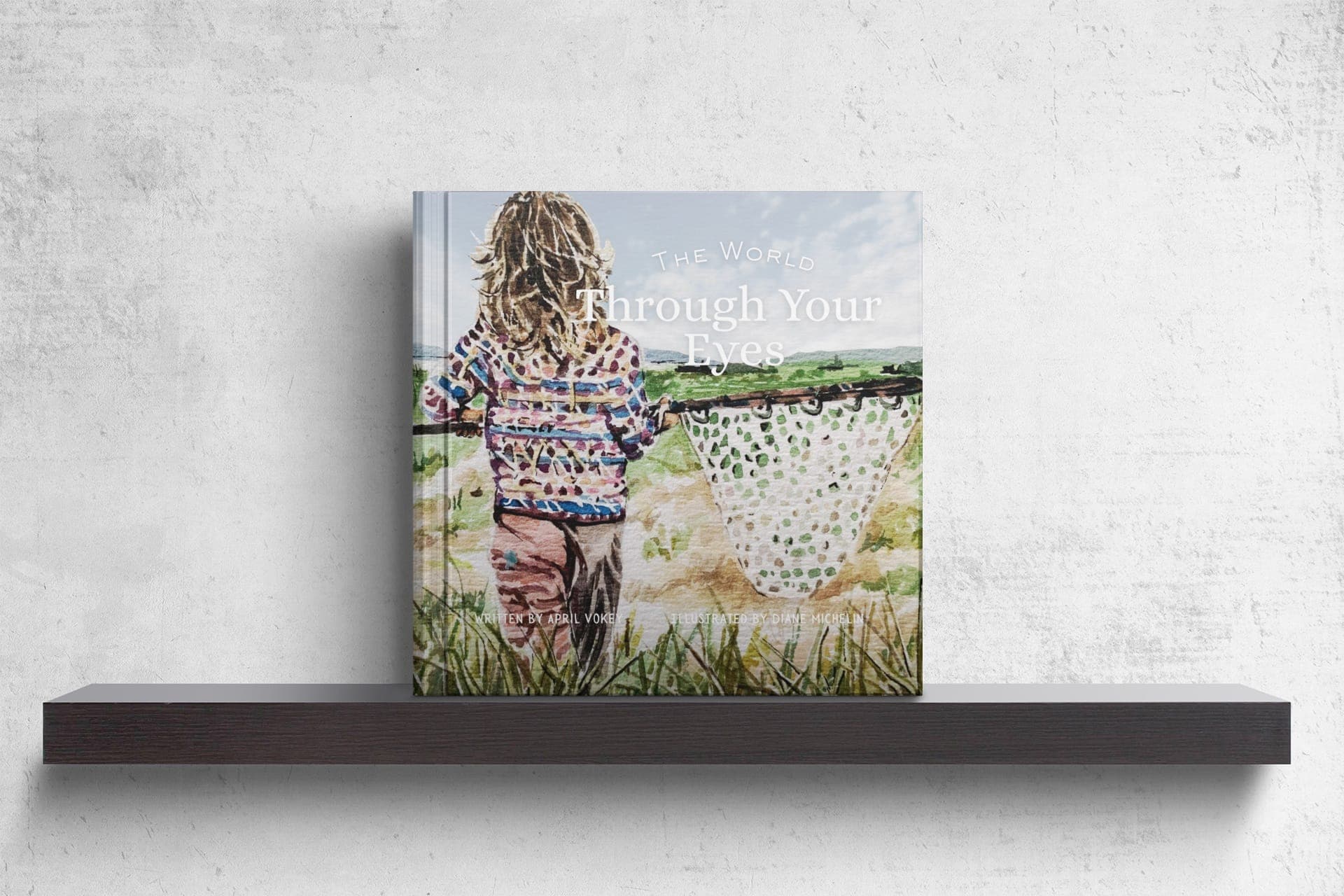Finding Solace and a New Thrill
Rivers of Recovery operates on a simple premise—outdoor therapy via fly fishing excursions can help U.S. combat veterans find emotional and physical recovery. All combat vets face similar complications when they leave the military—coping with the trauma of warfare, finding a new career, and navigating changed relationships with family and friends. But, women often times experience different and additional challenges. “Women tend to be caregivers,” explained Monica Shoneff, U.S. Army veteran. “

Rivers of Recovery operates on a simple premise—outdoor therapy via fly fishing excursions can help U.S. combat veterans find emotional and physical recovery.
All combat vets face similar complications when they leave the military—coping with the trauma of warfare, finding a new career, and navigating changed relationships with family and friends. But, women often times experience different and additional challenges.
“Women tend to be caregivers,” explained Monica Shoneff, U.S. Army veteran. “A lot of female vets get out of the military and jump back into caring for a family.
Self-care becomes a low priority. Where men can focus on themselves, we get lost.”
Finding themselves again isn’t always easy, which is why Rivers of Recovery has spent the past 10 years supporting U.S. combat veterans with all-expenses-paid fly fishing trips.
A Natural Fit
The organization is the brainchild of financial executive Dan T. Cook, who believed fly fishing is a natural fit for helping veterans recover from the trauma—both physical and emotional—of war. Connecting with nature, learning the intricacies of fly tying and casting, and discovering pleasure in new activities has been scientifically proven to help.
Monica's eyes were opened to the different needs of women vets and the special connections that Rivers of Recovery fly fishing trips offer after completing active duty and working with veteran's groups. She estimates about 95% of the women combat veterans she’s met have experienced sexual trauma in their military careers. And, the response from the chain of the command often contributes to the problem. Many leave the military dealing with anxiety, depression, and high rates of PTSD. Add the new stresses of supporting yourself and finding a new career, it’s easy to feel overwhelmed.
At least once a year since 2014, Monica and some of her fellow veterans have organized women-only fly fishing trips.
Experience Not Required
Experience with fly fishing—or any type of fishing—is not required. Most of the women on these trips have never fly fished before, but by the time they leave four days later, they’re hooked.
April Hubert, also a U.S. Army vet, wasn’t sure fly fishing was a good fit at first when she went on her first RoR trip. “I’m an adrenaline junkie,” she explained. “I thought it’d be too slow for me.”
But when the trip started, she found fly fishing comes with its own thrills. “It was exactly what I needed,” April said. “I got to connect with nature. I enjoyed learning to tie flies. It helped me focus, because you need to concentrate.”
April’s first experience was so positive, she took on the responsibility of organizing other women’s trips for RoR. And that brings its own rewards.
“We had a female Vietnam vet on our trip,” she said. “Her first time catching a fish, it was a Steelhead. I could see her face light up. I watched her get hooked.”
The Biggest Fish

One of the biggest challenges for RoR is getting veterans to actually go on a trip. While it sounds like an easy sell, when the day comes, anxiety and uncertainty often come with it.

But once the trip starts, participants begin to enjoy the experience of learning something new with the additional benefit of meeting people who’ve experienced similar situations related to combat and other traumas.
That was Dennice Tafolla’s experience. While it was uncomfortable to commit to a fishing trip with strangers, she persevered and was surprised at how much she liked it once the trip started. The former U.S. Army MP still remembers her first catch.

I thought I caught the biggest fish in the world,” she said. “It was the probably the size of a goldfish.
From peacefully floating down the river to the amazing meals served by RoR, Dennice has fond memories of her RoR experience and made some new friends too. “I still talk to the people I went with,” she said.
Monica thinks there’s a lot of reasons why fly fishing makes such a dramatic change for veterans in a short time. “You have to focus on what you’re doing,” she explained. “It takes away from time to ruminate and think about past events or worry about the future.”
Often the vets realize what’s true for all women. “If I don’t invest in myself, I don’t have anything to give back,” Monica said.

Much like the military, fly fishing culture is very male-dominated, which is why the support of other women is so important.
“I feel incredibly empowered when I see women who are guides or have made a profession out of fly fishing,” Monica said. “It’s very encouraging. All the men I’ve run into have been very encouraging as well. That helps me to get out there and try it- not feel worried about trying it.”
Erin Chiappetta, River of Recovery volunteer, said “When I met Dan Laffin, Director of the RoR Northeast Chapter, almost 3 years ago, his story touched me. I became the Mama Bear for the men and women who are a part of ROR. I do my best to make every person feel special whether it's serving meals or fishing alongside them. My motto has always been Pay It Forward. I have a tremendous respect and love for our country and our military.”
Want more stories like this?
Join thousands of readers getting our best outdoor content. Free, no spam.



